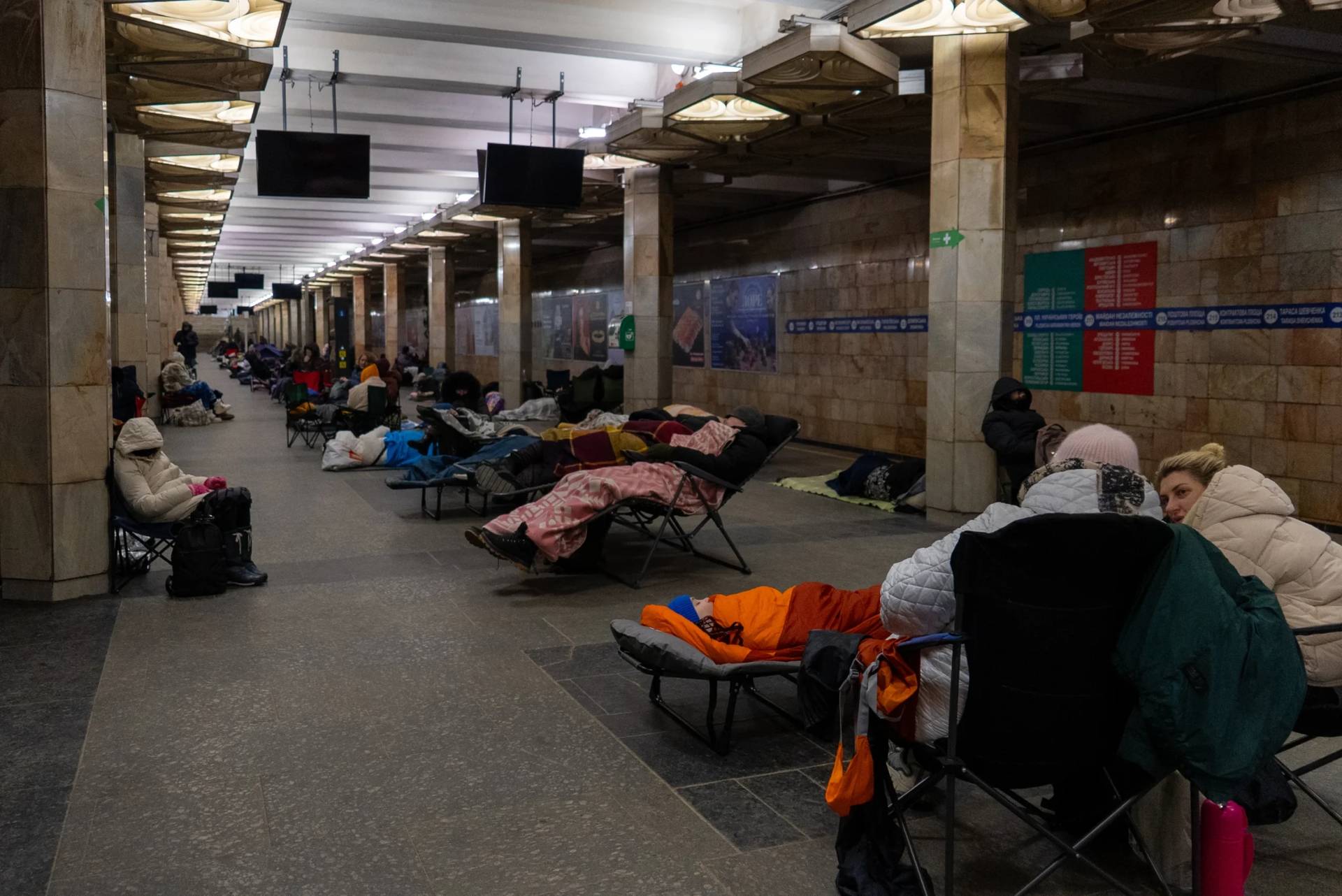LEICESTER, United Kingdom – Catholics in England are preparing for this weekend’s National Eucharistic Pilgrimage and Congress in Liverpool, which will be the largest event for the Church in Britain since lepe Benedict XVI’s visit to the United Kingdom in 2010.
It will also be the first Eucharistic Congress in England since 1908, when the International Eucharistic Congress took place in London.
There are parallels between the two events: Just as in 1908, in 2018 some people question whether the values and teachings of the Catholic Church have a place in “modern” Britain.
In both cases, the Eucharistic Congress – aside from its religious and devotional purpose – allows British Catholics to stake a place in their country and society.
“The 1908 Congress in London was, of course, different from Adoremus [the title of the Liverpool congress] in that it was one of the series of International Eucharistic Congresses that have met at different locations since 1881,” said Father Nicholas Schofield, the archivist for the Diocese of Westminster.

The first International Eucharistic Congress had only taken place 27 years earlier in France. Bringing the 19th congress to England would prove controversial in a country where Catholic Emancipation – the removal of most legal penalties for being Roman Catholic – was less than 100 years old. The Catholic hierarchy in England – which had not existed since the beginning of the Elizabethan period – was only re-established in 1850, which was within living memory of any of the participants of the 1908 event.
“It was a highly significant moment for the English Catholic community, a ‘coming of age’ almost, and showed just how far English Catholics had come,” Schofield told Crux.
“After all, just a century previously they had been largely barred from public life and the hierarchy had not yet been established. 1908 was an important year for another reason: the Apostolic Constitution Sapienti Consilio removed England and Wales from the jurisdiction of Propaganda Fide in Rome. In other words, this country was no longer regarded as missionary territory and could proudly stand alongside its Catholic peers,” he said.
The Congress also saw a large number of bishops, priests, and members of religious orders flock to London from around the world.
Catholic priests in the United Kingdom – much like Catholic clergy at the time in the United States – usually eschewed the more ostentatious religious garb that could often be found on the continent, choosing clerical attire similar to that used by local Protestant clergy.
“On-lookers were fascinated by the exotic attire of the Congress participants: ‘The French priests wear the soutane and the black beaver hats; there are monks in black habits, and friars in brown; here and there is seen a red-edged cassock or a douillette; and there are touches of mauve and purple.’ It was as if London had become a Catholic city,” Schofield said.
The most significant of these visiting clerics was Cardinal Vincenzo Vannutelli, the first papal legate to visit England since the time of Queen Mary I.
Cardinal Reginald Pole had been sent by the Vatican on a mission of reconciliation during the brief reign of the Catholic queen. He died of influenza just hours after Mary, and her successor Elizabeth reimposed the Protestant order on the country.
(Pole’s mother Margaret was executed by Henry VIII in 1541 and beatified in 1886 as a martyr.)
Upon his arrival in London in September 1908, Vannutelli told The Times: “The members of the Congress are not assembling in England with any political intent. They come with an object which is exclusively religious — to affirm with all simplicity their faith in the Eucharist, recalling the time when that faith was universal in England.”

Despite the cardinal’s assurance, anti-Catholic sentiment was still common in early 20th century England, and the proposed Eucharistic procession was opposed by many Protestant groups.
Schofield told Crux the radical Protestant Alliance claimed that the procession breached the Catholic Emancipation Act (1829), which prohibited Catholic priests ‘to exercise any of the rites or ceremonies of the Roman Catholic religion, or wear the habits of his Order, save within the usual places of worship, or in private houses.’
The archivist pointed out this “might have been true on paper” but the law wasn’t really enforced, and several churches held public processions every year in England for Corpus Christi.
However, the prospect of a procession even worried some establishment figures.
“It is impossible to deny, however, that this assemblage of princes of the Church and of lesser members of the Roman hierarchy from all parts of the world wears the appearance of a demonstration, and almost of a challenge, which excites apprehension in respectable quarters, and has given rise to regrettable effusions of bigotry in others. An unfounded idea has been disseminated that the Congress is a move in the campaign for the restoration of the temporal power of the Papacy, and for the re-establishment of direct diplomatic relations with the Vatican,” said the September 12, 1908, edition of The Spectator, a London-based weekly.
(Britain would establish relations with the Vatican just six years later, in an effort to counter German and Austrian influence after the outbreak of World War I.)
Schofield said even King Edward VII received a number of letters about the procession, and the government pressured the Archbishop of Westminster, Francis Bourne, to call off the Eucharistic procession.
“This he did, on condition that he attributed the humiliating change of plan to the formal request of the Prime Minister. When he announced it to a gathering of Catholics audience on 12 September, the day before the procession, there was great shock and disappointment,” Schofield said.
However, English Catholics still processed through the streets of London, albeit without the Eucharist. Schofield pointed out that many of the members of religious orders – forced to wear ordinary clerical garb – carried their habits on their arms as a silent protest.

“It was generally a joyful occasion, with spontaneous hymn singing, though here and there a noisy band of assertive Protestants raised their voices in a rival hymn, and at two or three points there were attempts – in some cases almost successful – to break through the police cordon. The size of the crowds was as much a threat as demonstrators; at Coburg Row, for example, two hundred Brothers of the Little Oratory could be found linked arm-in arm in their colorful robes, forming a solid phalanx across the wide roadway,” the priest told Crux.
Bourne gave the benediction with the Blessed Sacrament from the loggia of Westminster Cathedral.
Over a century later, British Catholics again find themselves sometimes facing obstacles in their own country, although instead of fiery Protestants they usually face questions from a largely secular society.
“If 1908 saw an eruption of anti-Catholic feeling, in 2018 our main challenge is indifference. Many see faith as an irrelevance, as something belonging to the past,” Schofield said.
The priest said this is true even within the Church, where the numbers of mass-goers and clergy continue to fall.
He said Liverpool is an area that has been affected by this, and hopes “a common act of adoration and witness, a public Eucharistic procession and high profile guests from around the Catholic world will do much to boost confidence and facilitate new beginnings.”
Even though Eucharistic Congresses are not as popular as they were in 1908, Schofield said they still have a place today and are an excellent way to bring people together.
“The Congress has moved with the times in its methodology, as seen by its use of twenty-first century media and technology,” he said.
The “Adoremus” Eucharistic Congress and Pilgrimage will take place in Liverpool Sep. 7-9. Crux will be offering full coverage of the event.















